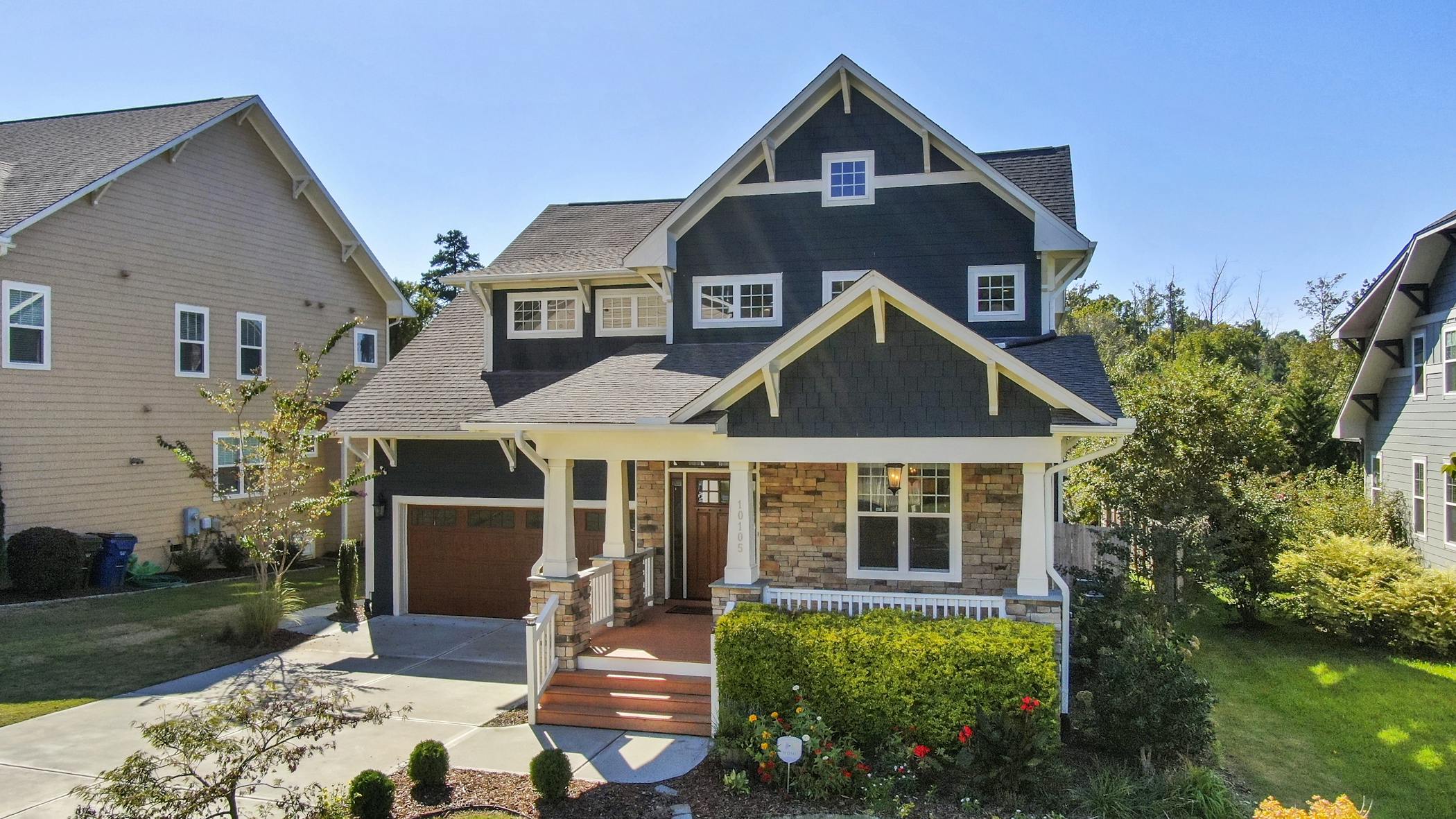Raleigh has earned an unwelcome distinction: it now leads the nation in private equity ownership of rental apartments. According to new research from the Private Equity Stakeholder Project, investment firms control a staggering 35% of all rental units in the Raleigh-Cary metro area—that’s over 41,000 apartments in the hands of Wall Street investors.
This isn’t just a local phenomenon. It’s part of a nationwide trend that’s reshaping America’s rental market and making housing less affordable for millions of families.
Get a Free Virtual Rental Evaluation Plus a Custom Cost Quote
The Numbers Tell a Troubling Story
Across the United States, 121 private equity firms now own more than 2.2 million apartment units—roughly 10% of the entire rental market. But the concentration is particularly intense in fast-growing Sunbelt states like North Carolina, Texas, Florida, California, and Georgia, which account for more than half of these holdings.
In North Carolina alone, private equity firms control 132,616 apartments, representing one in every five rental units statewide. Most of these acquisitions have happened recently, with nearly two-thirds purchased since 2018 as firms capitalized on post-pandemic housing demand and limited supply.
The Big Players in Your Neighborhood
You’ve likely seen their properties without realizing it. Three major firms dominate the Triangle market:
Blackstone, the $1 trillion New York-based giant, holds the largest national stake and owns properties like Adara Alexander Place in Raleigh.
Greystar, based in Charleston, operates Morgan Reserve Apartments and Notting Hill in Chapel Hill.
Cortland, headquartered in Atlanta, runs Cortland at RTP and Cortland Olde Raleigh, and recently expanded by purchasing the Peace Street apartments downtown for $152 million, rebranding them as Cortland Glenwood South.
Legal Battles Over Rent Manipulation
These major players aren’t just buying up apartments—they’re facing serious legal scrutiny. In January, North Carolina Attorney General Jeff Jackson filed a lawsuit against Blackstone’s LivCor, Cortland, Greystar, and three other landlords, alleging they illegally collaborated with software company RealPage to artificially inflate rents.
The lawsuit claims these companies used RealPage’s algorithm to sidestep market competition and set artificially high rents for approximately one-third of all one- and two-bedroom apartments across Raleigh, Durham, Chapel Hill, and Charlotte. Cortland recently settled, but the case against the remaining defendants continues.
The Human Cost of Wall Street Ownership
The impact goes far beyond corporate boardrooms—it’s hitting renters’ wallets hard. Housing advocates point to a clear pattern: metros with high concentrations of private equity-owned apartments are also seeing dramatic increases in “cost-burdened” renters—those spending more than 30% of their income on housing.
In Wake County, this describes 120,490 households—27% of all households and a crushing 47% of renters. The Private Equity Stakeholder Project reports that these firms are “displacing local communities through large rent hikes and aggressive evictions.”
Nick MacLeod, executive director of the North Carolina Tenants Union, puts it bluntly: “Right now, predatory private equity landlords can take advantage of North Carolina’s lack of tenant protections to dramatically raise rents, charge exorbitant fees and evict tenants without cause.”
Why North Carolina?
Private equity firms are particularly drawn to North Carolina for several reasons. The state experienced significant population growth from 2020 to 2024, creating high housing demand. Simultaneously, North Carolina has some of the “weakest tenant protections” in the country, making it easier for landlords to raise rents and evict tenants.
A Market Tipping Point
While private equity investment in real estate isn’t new, housing policy expert Stephanie Watkins-Cruz from the NC Housing Coalition notes that the scale has changed dramatically. “It’s not sprinkled in here and there,” she explains. “In some areas, it’s almost 50% owned by private equity.”
This concentration is creating ripple effects throughout the market. When large investment firms can move quickly with cash offers, they often outbid individual buyers and smaller local investors, further consolidating ownership and reducing competition.
Ready to Get Your Rental on the MoveZen System?
Our ultimate goal is to maximize your bottom line income while minimizing headaches. This starts with our new owner onboard process
Thinking of Switching Property Management Companies?
Don’t let the unpleasant task of working with your current manager to close out your account hold you back, we’ll do it all. Just notify them once in writing, and we’ll do the rest
What This Means for Raleigh’s Future
The trend shows no signs of slowing. As Watkins-Cruz warns, “It starts to tip the scale. It removes opportunities from people who may have the capital but can’t move as quickly. [They’re] swooping in and accessing the supply before anyone else can. It adds fuel to the fire.”
For Raleigh renters, this means facing landlords whose primary allegiance is to distant shareholders rather than local communities. It means potentially higher rents, fewer protections, and less housing stability in a city already grappling with affordability challenges. To read more of this article, visit Investors own thousands of apartments in Raleigh NC | Raleigh News & Observer.











